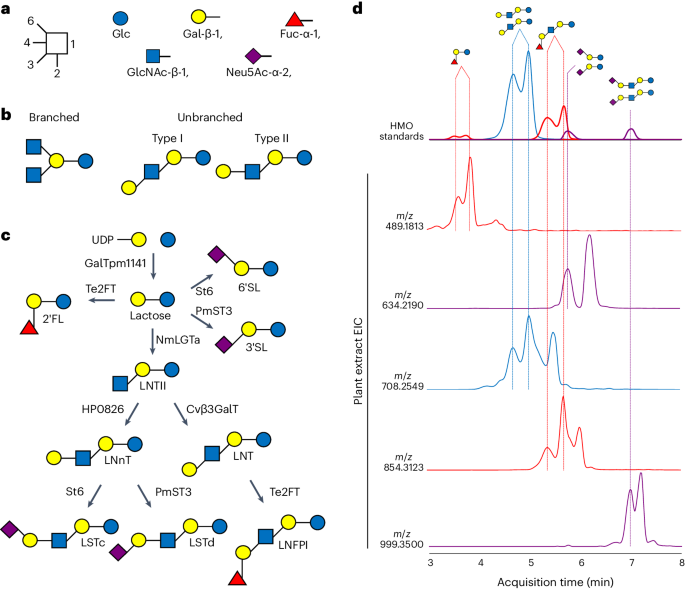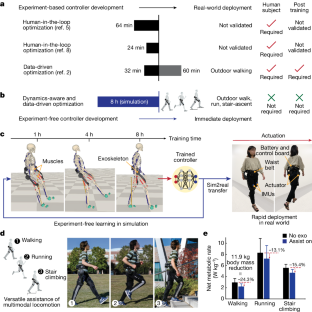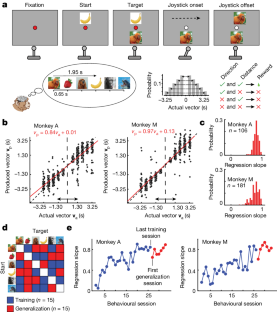2024-06-13 カリフォルニア大学バークレー校(UCB)
<関連情報>
- https://news.berkeley.edu/2024/06/13/can-engineered-plants-help-make-baby-formula-as-nutritious-as-breast-milk/
- https://www.nature.com/articles/s43016-024-00996-x
人工植物は多様なヒト母乳オリゴ糖生産のための光合成プラットフォームを提供する Engineered plants provide a photosynthetic platform for the production of diverse human milk oligosaccharides
Collin R. Barnum,Bruna Paviani,Garret Couture,Chad Masarweh,Ye Chen,Yu-Ping Huang,Kasey Markel,David A. Mills,Carlito B. Lebrilla,Daniela Barile,Minliang Yang & Patrick M. Shih
Nature Food Published:13 June 2024
DOI:https://doi.org/10.1038/s43016-024-00996-x

Abstract
Human milk oligosaccharides (HMOs) are a diverse class of carbohydrates which support the health and development of infants. The vast health benefits of HMOs have made them a commercial target for microbial production; however, producing the approximately 200 structurally diverse HMOs at scale has proved difficult. Here we produce a diversity of HMOs by leveraging the robust carbohydrate anabolism of plants. This diversity includes high-value and complex HMOs, such as lacto-N-fucopentaose I. HMOs produced in transgenic plants provided strong bifidogenic properties, indicating their ability to serve as a prebiotic supplement with potential applications in adult and infant health. Technoeconomic analyses demonstrate that producing HMOs in plants provides a path to the large-scale production of specific HMOs at lower prices than microbial production platforms. Our work demonstrates the promise in leveraging plants for the low-cost and sustainable production of HMOs.


